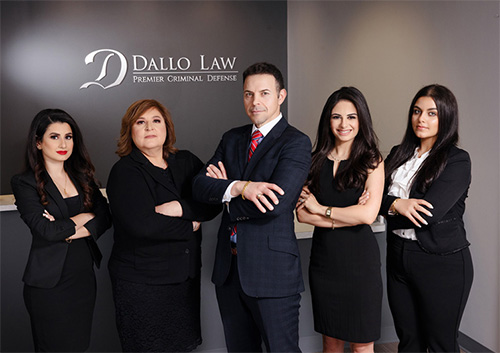The term “white collar crime” refers to a broad spectrum of offenses that are designed to produce financial gain utilizing a form of deception. They are usually committed by individuals in professional positions, businesses, or government officials. Examples of white-collar crimes include larceny, fraud, embezzlement, money laundering, tax evasion, bribery, and healthcare insurance fraud, among others.
Although white-collar crimes are different from traditional street crimes like robbery or drug offenses, they are still just as devastating for society. Experts say that white-collar crimes are damaging to society because they are committed by individuals in power who are expected to set a moral example. The financial crimes can cause people to lose confidence in the market.
In addition to this, when a business undergoes fraud, it makes up for this loss by increasing costs. Consumers may pay higher consumer goods prices, insurance costs and government taxes.
The FBI estimates that crimes such as arson, auto theft, and larceny theft result in $14 billion in losses each year. White collar crimes, however, result in between $300 and $600 billion per year, according to the American Association of Certified Fraud Examiners and the FBI.
Everyone suffers when criminals commit white collars crimes. Although the financial offenses are not violent themselves, they can inevitably carry severe repercussions for the defendant’s life.
Punishment for white collar crimes can be any combination of imprisonment, paying steep fines, probation and performing community service. In addition to the criminal penalties, allegations of white collar crimes can also affect other areas of a person’s life. Some collateral consequences include losing professional licenses, losing civil rights, and having a difficult time gaining employment. It can also damage an individual’s reputation and even revoke their ability to rent an apartment.
If you or someone you know has been charged with a white-collar crime, it’s best to consult Michigan criminal defense lawyer J. Dallo at Dallo Law, P.C. Your freedom is on the line. Dallo has years of experience defending people accused of white collar crimes and has a proven track record of success. He will help you discreetly fight the charges and protect your future.
Dallo assists individuals accused of the following most common white collar crimes in Michigan:
- Healthcare fraud: Health care fraud is a type of white-collar crime that involves making false statements or filing of dishonest claims or in order to receive a benefit. A conviction for healthcare insurance fraud can result in up to 4 years in prison and up to $50,000 in fines.
- Forgery: Forgery refers to the making, altering, use or possession of a false writing with the specific intent to defraud anyone. It is one of the most common white-collar crimes in the state of Michigan. A conviction for forgery could result in up to 14 years in prison.
- Embezzlement: Embezzlement is the act of stealing or misappropriating assets from an employer or perhaps a business partner. The penalties for embezzlement depend on the value of the money or property stolen. Typically, if the value of the asset is over $1,000, then the individual will face a felony-level charge.
Dallo Law, P.C. serves clients throughout the greater Oakland County and Macomb County area including Pontiac, Troy, Waterford Township, Oakland Charter Township, Royal Oak, Clarkston, Southfield, Bloomfield Hills, Warren, Sterling Heights, Romeo, Utica, Roseville, and Eastpointe. Set up your first consultation by calling Dallo Law, P.C. at (248) 283-7000. Attorney J. Dallo and his legal team are prepared to review your case.











